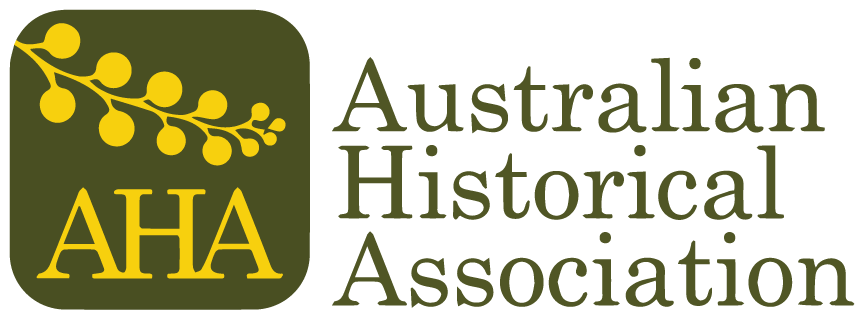The editors of History Australia are pleased to announce the winner of the inaugural Ann Curthoys prize for an essay by an ECR in one of the fields in which Ann worked. The prize was proposed and funded by the current editors in part because Ann completed her PhD at Macquarie University where they all work. Ann, when approached, generously and spontaneously offered to boost the funding for this prize and the editors thank her for this generosity. The judges (Ann and Leigh Boucher) noted the high quality of the submissions, and awarded the prize and offered a commendation to another submission.
WINNER: Skye Krichauff, for ‘Recognising Country: tracing stories of wounded spaces in mid-northern South Australia’
Skye Krichauff’s article explores how descendants of settlers who still live on and around Booboorowie and Woolgangi in South Australia’s mid-North have differently engaged, remembered and sometimes forgotten the Indigenous geographies upon which their present day lives unfold and the people who their forebears displaced. Employing careful local historical investigations in combination with sensitive oral histories, ‘Recognizing Country’ examines how settler descendants are often oriented towards the landscape in ways that cannot see the frontier or pre-frontier history of this place, nor imagine a future or present that includes Indigenous peoples within it. Krichauff also discovers a growing minority of descendants who, on their own landholdings, are seeking to assist Indigenous people to restore connections to Country and to reverse some of the destructive effects of settler farming and water use. By taking the concept of Country seriously as an epistemological and historical category, this essay explores how attending to and caring for Country can act as a vehicle for settlers to engage in reconciliatory projects with Indigenous Australia. In this sense the essay is transformative in historical and political terms, drawing our attention to the ways in which local initiatives can produce pathways for reconciliation that are proving very difficult to imagine at a national level.
HIGHLY COMMENDED: Kate Laing & Lucy Davies, for ‘Intersecting paths of the local and the international: Joyce Clague’s activist journeys’
Kate Laing and Lucy Davies have engaged in painstaking and extensive biographical and historical research to produce a compelling account of the local, national and international contexts of and influences upon the life of one Indigenous activist. Combining oral history and biography, ‘Intersecting Paths of the Local and the International’ traces in detail the political life and activities of Joyce Clague, a woman of Yaegl, Bundjalung and Gumbainggirr heritage who began her life on a reserve in NSW in the 1930s. In so doing, with insight and sensitivity, they expand our understanding of twentieth-century Indigenous political thought and practice and the geographies and relationships that influenced it.
